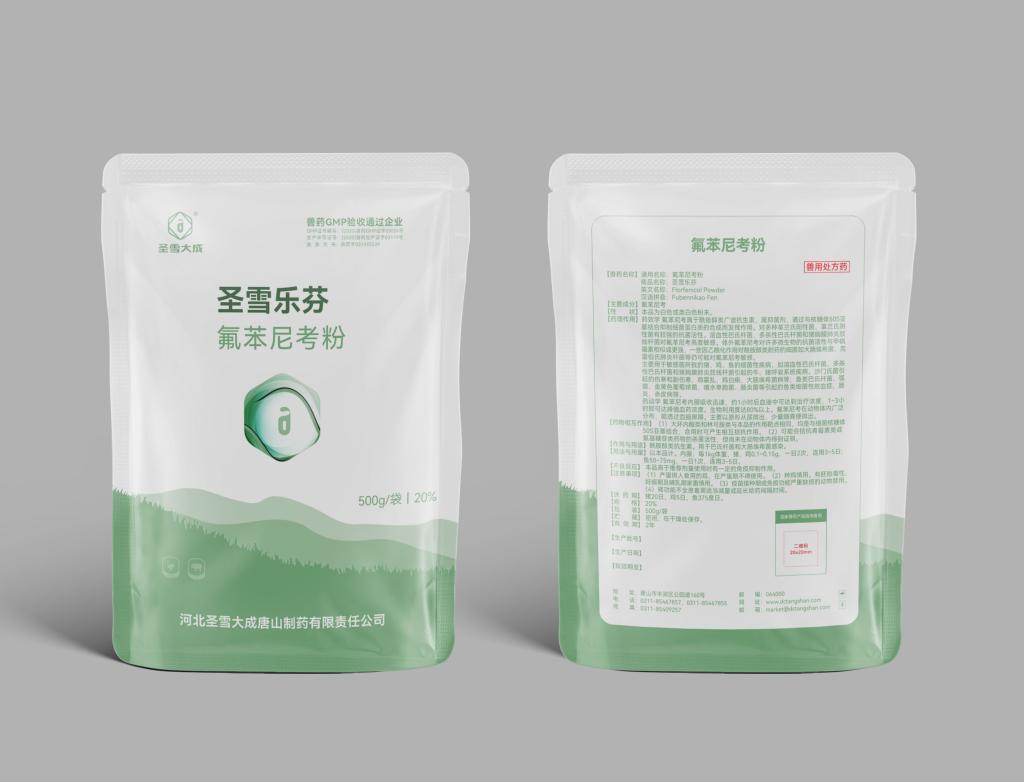Tel:+8618231198596

News
 CONTACT
CONTACT
 CONTACT
CONTACT
- Linkman:Linda Yao
- Tel: +8618231198596
- Email:linda.yao@dcpharma.cn
- Linkman:CHARLES.WANG
- Department:Overseas
- Tel: 0086 0311-85537378 0086 0311-85539701
News
Florfenicol Powder’s water solubility allows for easy administration via drinking water.
TIME:2024-09-27
The Benefits of Water-Soluble Florfenicol Powder:
Ease of Administration:
The ability to dissolve florfenicol in water simplifies the treatment process, especially for poultry, swine, and other animals that are typically managed in groups.
By adding the appropriate concentration of florfenicol to the drinking water, veterinarians and farm managers can ensure that all animals receive the necessary dose without the need for individual handling, reducing labor and stress on the animals.
Improved Bioavailability:
When administered via drinking water, florfenicol is absorbed through the gastrointestinal tract, leading to good bioavailability and effective distribution throughout the body.
This route of administration ensures that the drug reaches the site of infection, providing consistent and sustained therapeutic levels.
Flexibility in Dosing:
Water-soluble florfenicol allows for flexible dosing based on the water consumption patterns of the animals, which can vary depending on factors such as age, health status, and environmental conditions.
Adjustments can be made easily to accommodate these variations, ensuring that each animal receives the correct amount of medication.
Cost-Effectiveness:
Administering florfenicol through drinking water can be more cost-effective compared to other methods, such as injections or individual oral dosing, especially in large herds or flocks.
It reduces the need for additional equipment and personnel, making it a practical and economical solution for managing bacterial infections.
Considerations and Best Practices:
Water Quality:
The quality of the water used for administration is critical. Hard water, high mineral content, or contaminants can affect the solubility and stability of florfenicol.
It is recommended to use clean, potable water and to check the water quality regularly to ensure optimal drug performance.
Stability and Storage:
Florfenicol solutions should be prepared fresh and used immediately to maintain their efficacy. Prolonged storage, exposure to light, or temperature extremes can degrade the drug.
Follow the manufacturer's guidelines for storage and preparation to ensure the stability of the solution.
Dosing Accuracy:
Accurate measurement of the drug and the volume of water is essential to achieve the desired concentration.
Use calibrated measuring devices and follow the prescribed dosing regimen to avoid underdosing or overdosing, which can lead to treatment failure or toxicity.
Monitoring and Compliance:
Regular monitoring of the animals during and after treatment is important to assess the response to therapy and to detect any adverse effects.
Ensure that the animals have access to the medicated water and that they are consuming it as expected. Non-compliance can result from issues such as poor palatability or alternative water sources.
Withdrawal Periods:
Adhere to the recommended withdrawal periods to prevent residues of florfenicol in meat, milk, or eggs, which could pose a risk to human health and violate regulatory standards.
Keep accurate records of treatment dates and withdrawal times to ensure compliance with local and international regulations.
Conclusion:
The water-soluble properties of florfenicol powder offer a convenient and effective method for administering this antimicrobial agent in veterinary practice. By dissolving florfenicol in drinking water, veterinarians and farm managers can efficiently treat large numbers of animals, improve bioavailability, and reduce costs. However, it is crucial to consider water quality, storage, dosing accuracy, and compliance with withdrawal periods to maximize the benefits and ensure the safety and well-being of the animals. With proper management and adherence to best practices, florfenicol powder remains a valuable tool in the fight against bacterial infections in the agricultural sector.
- Tel:+8618231198596
- Whatsapp:18231198596
- Chat With Skype







